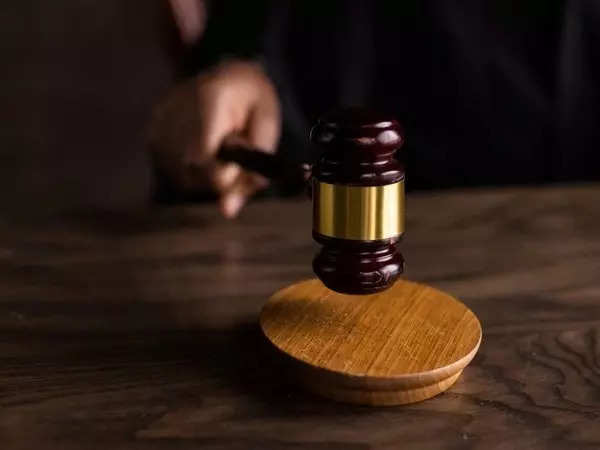
KOLKATA: A special PMLA court in Kolkata has ordered “restitution of assets” worth about Rs 12 crore to investors who were duped in an alleged Ponzi fraud orchestrated by the Rose Valley Group of the city more than a decade ago, officials said on Monday. The court has identified 14 fixed deposits worth a total Rs 11,99,35,385.60 (around Rs 12 crore) to be handed over to the Assets Disposal Committee (ADC), headed by retired Calcutta High Court judge Justice Dilip Kumar Seth to be disbursed to the bona fide claimants on pro-rata basis or as directed by the committee or the court. These fixed deposits were attached by the Enforcement Directorate (ED) under the anti-money laundering law some years ago after it booked a case against the Rose Valley Group, its chairman Gautam Kundu and others in 2014. The trial in the case is ongoing.
The Prevention of Money Laundering Act (PMLA) provides that “the special court trying the offence may restore any property/assets involved in money laundering to a third party claimant with a legitimate interest, including banks”.
The ED earlier restituted assets to the banks in two cases — the alleged loan fraud case against liquor businessman Vijay Mallya and the one against diamantaire Nirav Modi and his uncle Mehul Choksi. Assets worth more than Rs Rs 15,000 crore have been restituted in these two cases to public sector banks.
According to official records, about 22 lakh claimants have lodged their claims with the ADC in the Rose Valley case.
The special PMLA court in Kolkata on July 24 ordered that the attached fixed deposit funds “shall be disbursed to the bona fide claimants on pro-rata basis or as may be directed by the ADC or by the Hon’ble Court”.
It also directed that the claimants receiving the money shall “execute a bond” to refund or reimburse the sum received by them, if so directed by the ADC or the court, at a subsequent stage of the proceeding or at the time of the conclusion of the trial.
The special court also weighed in on the possibility of the accused being acquitted after trial and the effect it would have on such a restoration order.
The answer is, it said, whatever the result of the trial, the investors would get their money returned.
It is “appropriate and rationale that the money should be utilised in returning the bankrupt investors/depositors instead of keeping it idle as NPA (non-performing asset) for a prolonged period because the trial in money laundering offence takes time”, the court stated.
It also directed the ED to prepare proper documentation and ‘panchnama’ while restituting the attached property, “which may be used as evidence during trial”.
It said this order for restitution would not “cause prejudice to the accused” during the trial in the case.
The ED has filed two charge sheets before the courts in this case and the total attachment of properties are worth Rs 1,171.71 crore.
Arun Mukherjee, a debenture trustee who was responsible for the acts and affairs of Rose Valley, was convicted some years back by the court and sentenced to seven years imprisonment with a fine of Rs 2.5 lakh.
The group has been charged by the ED and the Central Bureau of Investigation (CBI) with “illegally and fraudulently collecting deposits from the public with the intention to cheat them by falsely promising high returns on their investment”, thereby perpetrating a Ponzi-like fraud.
“The Rose Valley Group collected funds from the common gullible public by floating fake and fictitious schemes and defaulted on the re-payments,” the ED had said.
Kundu was arrested by the ED in March 2015 and he continues to be lodged in jail under judicial custody.
The process to restitute the assets of the innocent investors was ordered by the court under Section 8(8) of PMLA that says that if a property has been confiscated by the central government (by the ED under the PMLA), the special court has the power to direct restoration of the confiscated property to a claimant who has a legitimate interest in the property and has suffered a quantifiable loss as a result of an offence of money laundering.